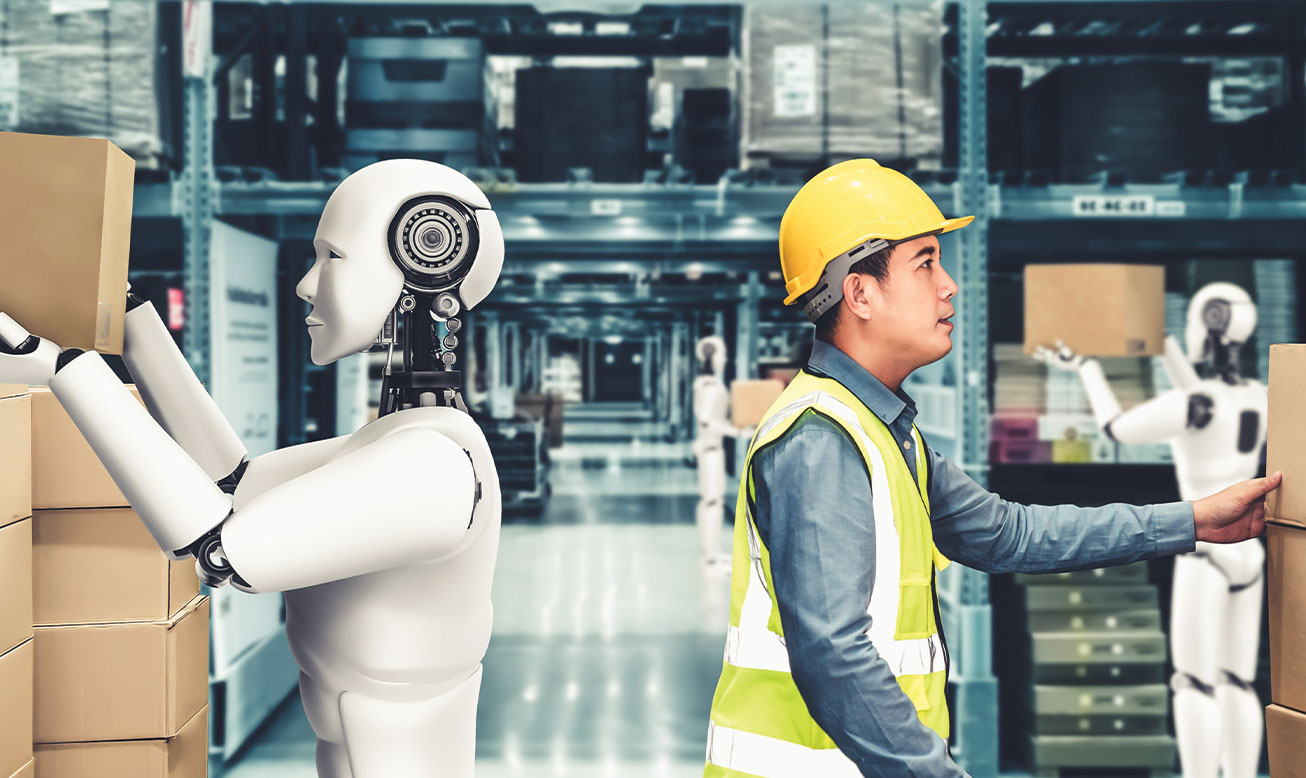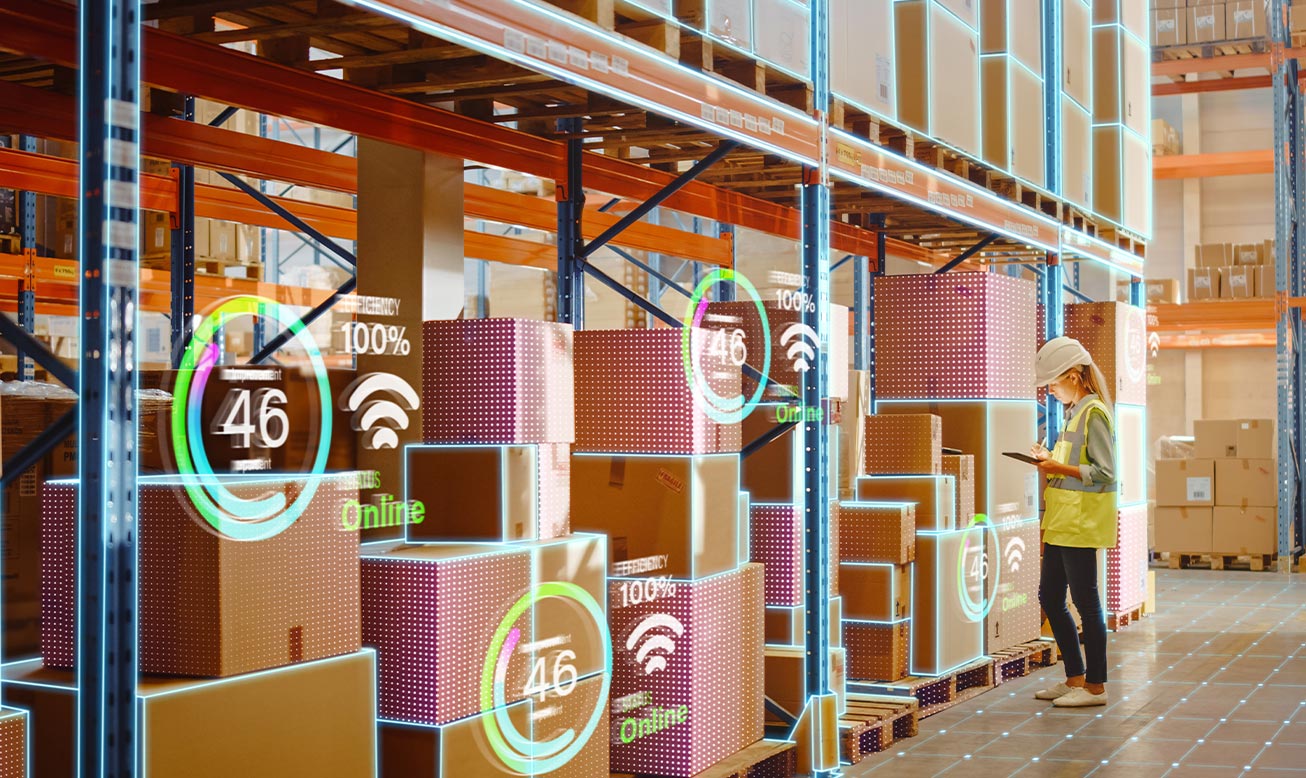March 30, 2025
Is Logistics Becoming a Tech-Driven Industry?
Logistics has always been essential for nearly every industry, ensuring goods move seamlessly from point A to point B. But in recent years, the sector has undergone a dramatic transformation. Gone are the days when logistics was solely about trucks, warehouses, and manual processes. Technology and logistics are inseparable today, with innovations reshaping how freight is stored, transported, and delivered. From artificial intelligence (AI) to advanced orchestration tools, the industry is embracing logistics tech at an unprecedented pace. So, is logistics becoming a tech-driven industry? The short answer is yes—and here’s why.
The Rise of Technology in Logistics
The logistics sector has traditionally been seen as a slow adopter of new technologies. However, the last decade has flipped the script. With the rise of e-commerce, increasing customer expectations, and the need for faster, more efficient operations, companies are turning to supply chain logistics technology to stay competitive.
One of the most significant drivers of this shift is the integration of IT in logistics. Technology is now embedded in every aspect of the supply chain, from cloud-based platforms to Internet of Things (IoT) devices. For example, IoT sensors on trucks and shipping containers provide real-time data on location, temperature, and humidity, ensuring that perishable goods arrive in perfect condition. This level of visibility was unimaginable just a few years ago.
However, it is not just about transparency but optimization. The latest innovations in logistics allow companies to lower costs, streamline operations, and improve customer satisfaction. At the heart of this transformation is artificial intelligence.
AI: The Game-Changer in Logistics
Artificial intelligence has emerged as the front runner in the implementation of new technologies in logistics. AI tools can analyze vast amounts of data in real time, enabling companies to make smarter decisions, predict demand, optimize routes, and reduce delivery times. In fact, by the end of this decade, AI-driven warehouse management systems are expected to use predictive analytics to determine stock replenishment needs, minimize waste, and improve inventory turnover.
One of the most exciting applications of AI in logistics is demand forecasting. Traditional methods often rely on manual analysis and historical data, which can lead to inaccuracies. Conversely, AI can match historical data alongside market trends, weather patterns, and even social media activity to predict future demand with remarkable precision. According to a report by McKinsey, AI-powered forecasting can reduce errors by 30-50%, cut lost sales from stockouts by 65%, and lower warehousing costs by 10-40%. These numbers are hard to ignore, especially in an industry where margins are sometimes razor-thin.
AI is also revolutionizing route optimization. By analyzing traffic patterns, weather conditions, and delivery windows, its algorithms can determine the most efficient routes for drivers, reducing fuel consumption and delivery times, while minimizing the environmental impact of logistics operations. Sustainability is becoming a top priority, so this is a win-win for both businesses and the planet.
Orchestration Tools
While AI often steals the spotlight, another critical piece of the tech-driven logistics puzzle is orchestration tools. These tools act as a central hub, integrating and coordinating various systems and processes across the supply chain. Think of them as orchestra conductors, ensuring that every instrument plays in harmony.
Orchestration tools sit above existing applications and enable seamless workflow across multiple solutions. They offer unparalleled flexibility and business intelligence, allowing businesses to optimize their operations in previously impossible ways. For example, an orchestration tool can integrate data from warehouse management, transportation management, and customer relationship management systems to provide a whole view of the supply chain. This level of integration is essential for companies looking to stay agile.
At Last Mile Logistics, we proudly offer SunConnect, our customizable solution, to all our partners.

The Latest Trends in Supply Chain Management
As logistics continues to evolve, here are a few of the latest trends in supply chain management worth noting:
Automation and Robotics – From autonomous forklifts to robotic picking systems, automation transforms warehouses and distribution centers. These technologies increase efficiency while reducing the risk of workplace injuries.
Blockchain for Transparency – This technology is being used to create tamper-proof records of transactions, ensuring greater transparency and traceability in the supply chain. This is particularly valuable for industries like pharmaceuticals and food, where provenance is critical.
Electric and Autonomous Vehicles – The technology transportation industry is undergoing a green revolution, with electric and autonomous vehicles set to become more common in the near future. These innovations promise to reduce emissions and lower operating costs, making logistics more sustainable.
5G Connectivity – The rollout of 5G networks will supercharge logistics operations. With faster and more reliable connectivity, businesses can use real-time data to make quicker decisions and improve overall efficiency.
Challenges and Opportunities
While the integration of technology into logistics presents immense opportunities, there are still challenges to look after. For one, the upfront costs of implementing new technologies can be prohibitive, especially for smaller companies. Additionally, there is data security. As logistics becomes more reliant on digital systems, protecting sensitive information from cyber threats is paramount. Here is where a trustworthy non-asset-based carrier shows its value.
Another challenge is the skills gap. As the industry becomes more tech-driven, there is a growing need for workers with expertise in areas like data analysis, AI, and software development. Companies might invest in training and upskilling their workforce to keep pace with these changes or partner with an experienced provider.
Despite these challenges, the benefits of embracing innovation in logistics far outweigh the drawbacks. Companies that adopt new technologies early will be better positioned to reduce costs, meet customer demands, and stay ahead of the competition.
So, is logistics becoming a tech-driven industry? Absolutely. Technology is transforming every aspect of the supply chain, from AI and orchestration tools to automation and blockchain. And this is just the beginning. As new technologies emerge, Last Mile Logistics is here to help your business become even more efficient, transparent, and sustainable.
The message is clear: adapt or risk being left behind. By embracing supply chain logistics technology and staying ahead of the latest trends in supply chain management, companies can survive and thrive in this new era of logistics. So please call Arnie today so we can evaluate your transportation needs.


